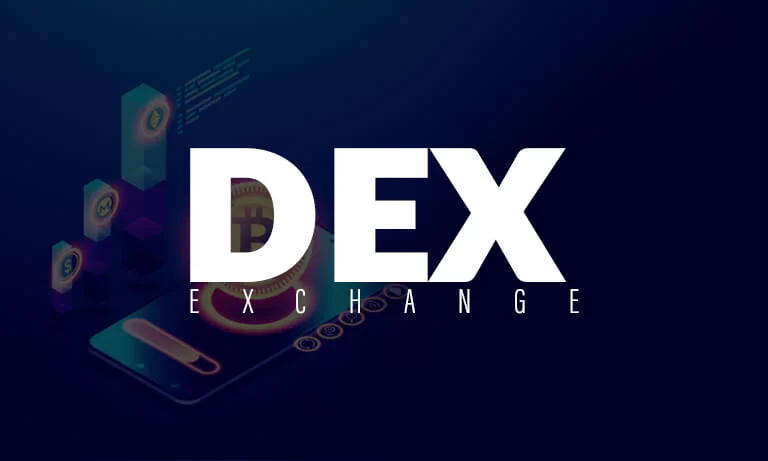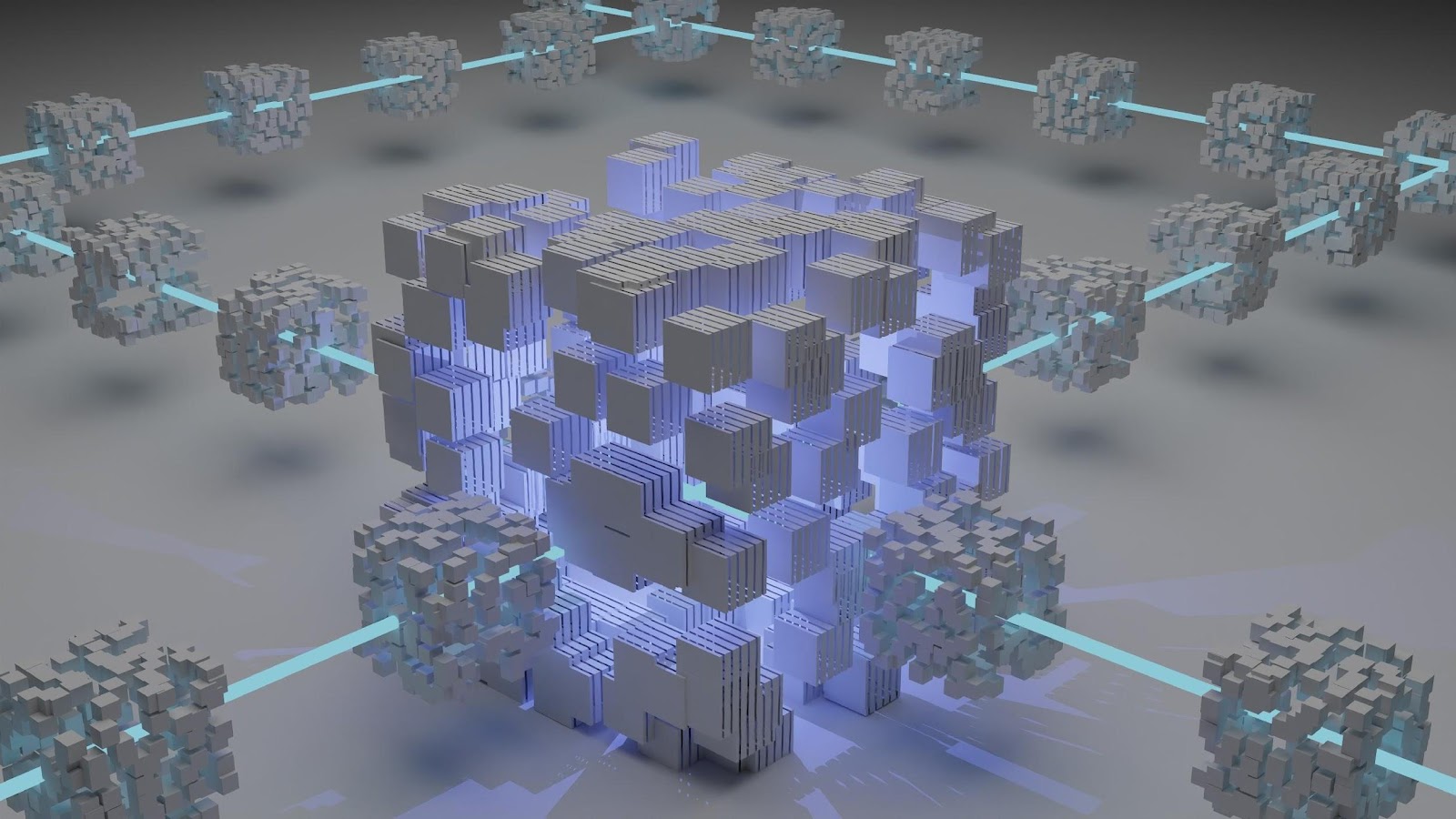
The post All You Need To Know About Decentralized Exchanges (DEX) appeared first on Coinpedia – Fintech & Cryptocurreny News Media| Crypto Guide
Decentralized exchanges have many advantages when trading crypto. That’s why they’re experiencing a massive uprise lately. Crypto traders want anonymity, safety, and total control over their coins.
That’s exactly what a DEX can offer. Learn all you need to know to get started here.
If you’re in the world of trading you’ve probably heard of decentralized exchanges, DEX for short. DEXs are becoming increasingly popular as the cryptocurrency exchange and tokenization is as well.
A decentralized exchange is a cryptocurrency marketplace with direct peer-to-peer transactions. It is of course blockchain-based so there’s no third party needed.
If you’re looking for increased autonomy in your trading and want to gain more control over your coins, using a decentralized exchange might be a good choice for you.
There are both pros and cons. There you can read more about it here.
Trading cryptocurrencies and tokens are becoming more and more common amongst investors. Therefore, decentralized exchanges are popping up everywhere as decentralized apps (DApps).
All facilitating of trading is done via smart contracts. Every trader has complete control over their coins unlike at centralized exchanges. You can also read all about bitcoin and different types of crypto trading on https://www.fxforex.com/cryptocurrencies/bitcoin.
How does DEX work?
The majority of decentralized exchanges use AMM (automated market makers) to set their prices. At these DEXs, it is the users of the exchange that facilitate trading by creating liquidity pools.
The smart contracts used at decentralized exchanges can also facilitate trading in two different ways; On-chain order books or off-order books.
The primary difference between centralized and decentralized exchanges is the way that they operate. Centralized exchanges can handle larger trading volumes because they use order books and have a more controlled liquidity pool.
 Unsplash.com
Unsplash.com
Pros and cons of DEXs
There are several pros and cons of using DEXs. If you are new to these platforms, they can be quite complex. Also, there’s no customer service because the exchanges aren’t run by a central authority.
The use of smart contracts can be risky, so this is something to be aware of. At DEXs you can’t make fiat deposits or trade fiat currencies, so you need to have cryptocurrency available to trade at these platforms.
On the other hand, there are many advantages to using DEXs. Especially if you’re an experienced trader. DEXs facilitate asset tokenization, so you can access existing assets but also develop new tokens. Because of this, it is much easier to buy fractions of popular assets.
You are secured complete anonymity when trading at DEXs. This is also another big pro. It is much harder for hackers to access your data.
Since every user has entire control of all of their assets and private keys, it’s very hard to access for others. This type of decentralized trading is a perfect extension of the crypto trading world.
If you want to explore new possibilities while being in total control over your assets, you can try DEX.
- "
- &
- About
- access
- advantages
- All
- Anonymity
- Another
- apps
- asset
- Assets
- authority
- Automated
- available
- being
- Bitcoin
- Block
- blockchain-based
- Books
- buy
- centralized
- Coins
- Common
- complex
- Cons
- contracts
- control
- Creating
- crypto
- crypto traders
- crypto trading
- cryptocurrencies
- cryptocurrency
- Cryptocurrency Exchange
- Customer Service
- DApps
- data
- decentralized
- Decentralized Exchange
- develop
- Dex
- different
- direct
- Display
- especially
- exchange
- Exchanges
- experienced
- explore
- Fiat
- fintech
- First
- good
- hackers
- here
- HTTPS
- increased
- Investors
- IT
- keys
- larger
- LEARN
- Liquidity
- looking
- Majority
- Market
- market makers
- marketplace
- massive
- more
- news
- offer
- order
- Other
- Platforms
- pool
- Pools
- Popular
- possibilities
- primary
- private
- Private Keys
- Pro
- PROS
- Risky
- Run
- Safety
- service
- Short
- smart
- Smart Contracts
- So
- something
- started
- the world
- Tokenization
- Tokens
- trade
- trader
- Traders
- Trading
- trading crypto
- Transactions
- use
- users
- What
- Work
- world













